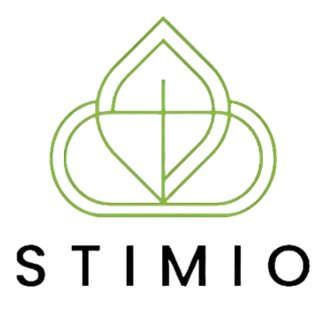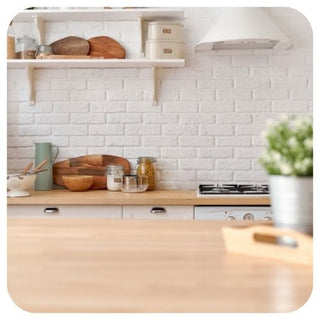Science & Microbiome
Probiotic cleaners: How microbes keep our homes naturally clean
The idea of cleaning with bacteria may sound contradictory at first—but that's precisely the idea behind probiotic cleaners. Instead of indiscriminately destroying all microorganisms, these cleaners specifically target "good bacteria" to create a healthy microbial balance on surfaces. This approach is based on findings from microbiome research.
What is the microbiome?
The microbiome refers to the totality of all microorganisms that live in and on an organism—such as the human body. Similarly, a microbiome also exists on surfaces such as floors, countertops, and even in the air: a community of bacteria, fungi, and other microbes. Microbiome research in recent years has made it clear that many of these microbes are not harmful, but beneficial—both in the body and in the environment.
The problem with conventional cleaners
Conventional cleaning products often use harsh chemicals or broad-spectrum disinfectants. These kill not only potentially pathogenic germs but also beneficial microorganisms. The result: a "microbial void" that is quickly repopulated by resistant germs—sometimes with a higher risk of harmful bacteria.
How do probiotic cleaners work?
Probiotic cleaning agents contain specifically added microorganisms, usually from the genus Bacillus . When applied to surfaces, these form stable biofilms and displace unwanted germs through competitive mechanisms – a principle known as "microbial interference." The probiotic bacteria consume nutrients that would otherwise be available to pathogenic microbes and can even produce antimicrobial substances.
Benefits according to studies
Scientific studies, including those in the field of “Probiotic Cleaning Hygiene Systems” (PCHS), show:
-
Reduction of pathogenic germs : Studies in hospitals show that probiotic cleaners can significantly reduce Staphylococcus aureus , Pseudomonas aeruginosa and other multi-resistant pathogens – without the development of resistance.
-
Long-term effect : The bacteria remain active on the surface for hours to days.
-
Environmentally friendly : Since no harsh chemicals are used, probiotic cleaners are often biodegradable and better for humans, animals and the environment.
Conclusion
Probiotic cleaners rely on the principle of microbial balance rather than sterile cleanliness. Their effectiveness is scientifically proven and offers a sustainable alternative to traditional cleaning – especially in sensitive areas such as households with children, pets, or allergy sufferers. This approach combines microbiology and cleaning technology in an innovative way and is increasingly viewed as a sustainable solution.






